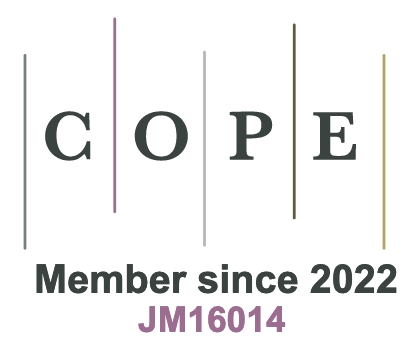Data-driven OLED candidate design: a generative model from independent-property domains to the comprehensive performance enhancement
Abstract
The discovery of high-performance organic light-emitting diode (OLED) materials is hindered by conventional human-aware design methodologies and the scarcity of pure organic luminescent scaffolds. Although machine learning (ML) models have improved the efficiency of high-throughput screening for OLED candidates, their effectiveness is still limited by the small size and low quality of available experimental datasets. In this study, we introduced LumiGen, an integrated framework for the de novo design of high-quality OLED candidate molecules with targeted photophysical properties. A sampling-screening iterative process was designed to gradually refine the molecular selection, enabling the transition from independent-property optimization to all-rounded OLED candidates. Among the collected high-quality OLED candidate molecules, computational estimates indicate that the optical properties of most molecules (approximately 80.2%) meet the required criteria. During the iterative training process, the Sampling Augmentor enhances the proportion of OLED candidate molecules by over threefold (from 6.56% to 21.13%). Additionally, we successfully synthesized a new molecular scaffold from the OLED candidates, achieving a photoluminescence quantum yield (PLQY) of up to 88.6%. According to the statistics, only 0.33% of the molecules in the dataset outperform our synthesized molecules in terms of overall optical performance. LumiGen demonstrates the ability to learn molecular distribution patterns from disjoint labeled datasets, enabling the direct generation of all-round OLED candidates, thereby advancing OLED material discovery.
Keywords
Machine learning, luminescent molecules, de novo design, OLED
Cite This Article
Niu X, Su Z, Wang L, Shi W, Zhang H, Dang Y, Yuan Y, Sun Y, Hu W. Data-driven OLED candidate design: a generative model from independent-property domains to the comprehensive performance enhancement. J Mater Inf 2025;5:[Accept]. http://dx.doi.org/10.20517/jmi.2025.22













